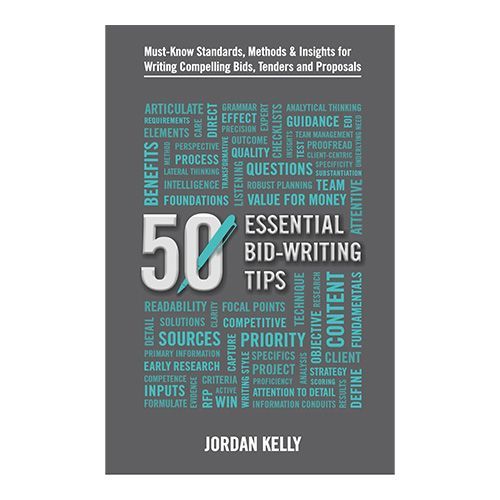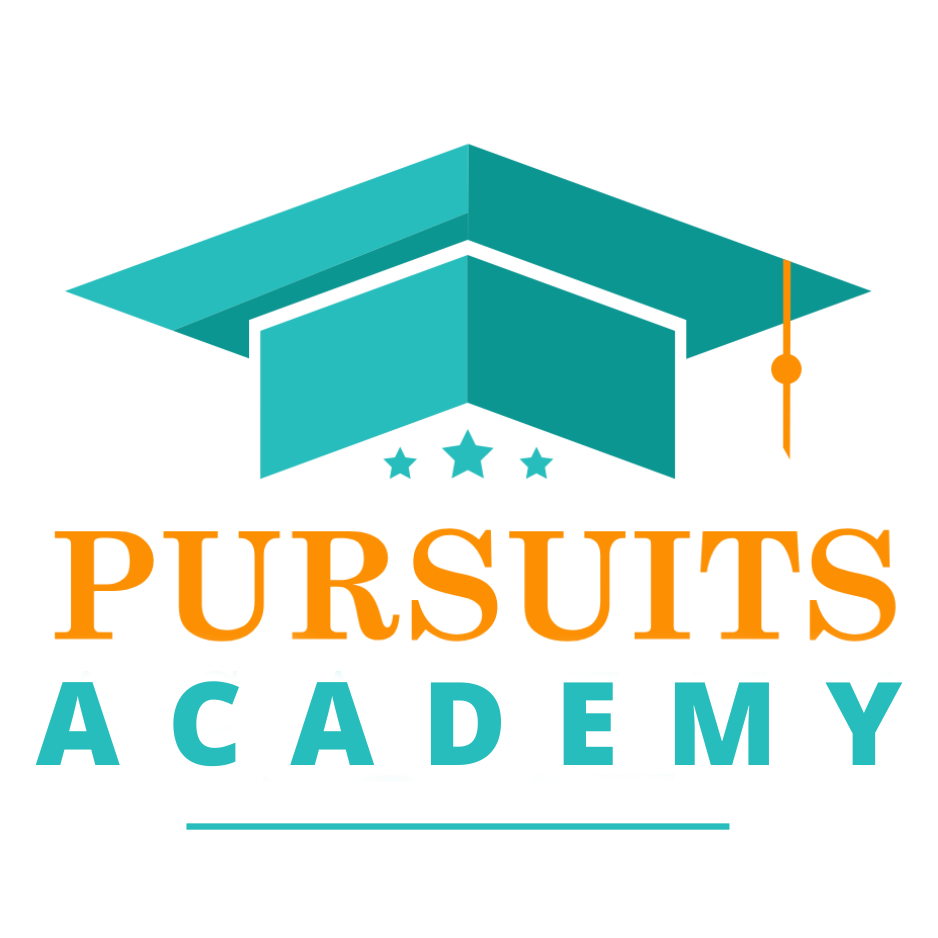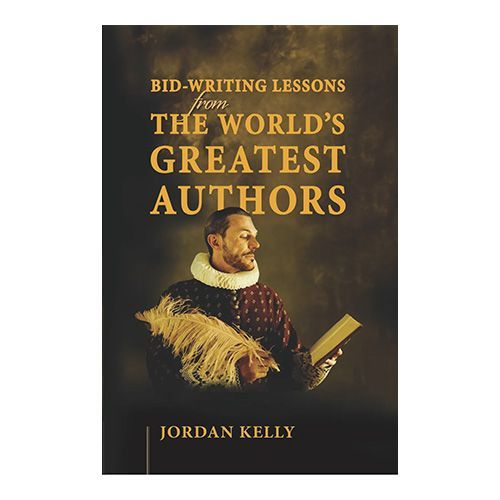CATEGORIES:

The greats of literary history have much to teach the writers of today. No-one, however, could benefit more from becoming a student of these masters of the written word than the commercial bid writer.
This fun - yet highly insightful - little read is an assembly of the enduring and pithily expressed wisdom of over 100 authors, strategists, philosophers and other accomplished figures. It features 47 smart little lessons from yours truly, on Research, Thinking & Strategy, on Writing, and on Editing, Re-Writing, Practice & Perfection – reinforcing the timeless advice of these sages.
‘Bid-Writing Lessons from the World’s Greatest Authors’ contains gems like:
- What an ancient Chinese military general (and author) can teach you about strategy, and how to use those learnings to outsmart and outmanoeuvre your competition.
- The criticality of understanding the difference between strategy and tactics (a distinction your competitors probably don’t understand, and one you can capitalise on).
- What the Bible says about the need for ensuring you have a wide range of sources contributing to your bid strategy.
- Two world champion boxers offer the self-same admonition: Understand the importance of a consistent, yet fluid, strategy.
- Hemingway said most people never listen; Shakespeare also stresses the wisdom of listening over speaking.
- Peter Drucker says the most important thing in communication is to hear what isn’t being said (it’s also the way to develop the most client-centric strategy possible).
- Henry Ford and Richard Nixon agree: Very few people truly think.
- Einstein admonishes: Never stop thinking.
- Twain and Pascal comment on avoiding self-centricity (which is rampant in almost every bid, tender and proposal).
- What Shakespeare and Emerson say about a bidder or tenderer not being blinded its own light.
- What Shakespeare, Thoreau and F. Scott Fitzgerald have to say on the topic of knowing your reader . . . and the foolhardiness of writing about something you don’t understand.
- Substance and substantiation: Why the greats say writing comes more easily if you have something to say.
- Kipling’s famous, timeless quote on how to ensure you identify and include all the relevant facts in everything you write.
- Famous French poet and essayist Charles Peguy says one writer tears his words from his guts, while another pulls them lightly from his overcoat pocket. Which is best, and which type of writer are you?
- Chandler equates a certain speed with quality of output. Fast or slow, and why?
- W. Somerset Maugham speaks of style . . . and why you shouldn’t try to adopt one.
- Stephen King on the use of long words instead of short ones . . . as relevant to bid writers as to great novelists. Hear it direct from the master of suspense.
- 1000 words buys you the Lord’s Prayer, the 23rd Psalm, the Hippocratic Oath, a sonnet by Shakespeare, Lincoln’s Gettysburg Address and several more pieces of iconic literature. Why do so many submission section contributors ramble?
- More opinion in the short copy versus long copy debate.
- A classic quote from Mark Twain that highlights the need for planning word count-restricted response sections even more carefully than non-limited sections.
- Samuel Johnson makes a point about the transparency of writers who plagiarise and imitate.
- Shakespeare on writing with purpose – one of the primary keys to a strong and compelling submission.
- Whoever said, “Being a good writer is 3% talent; 97% not being distracted by the internet” chose to remain anonymous. That’s a shame, because they have a great message for bid teams.
- What Hemingway, Michener, A. Bronson Alcott and Mark Twain all have to say about first drafts.
- The magic of editing: All the greats agree on this one above all else.
BID-WRITING LESSONS FROM THE WORLD'S GREATEST AUTHORS
(Book)
Shakespeare, Twain, Pope, von Goethe, Emerson, Yeats, Thoreau, Kipling, Ruskin, Hemingway, RL Stevenson . . .
The philosophies of these literary greats are enduring, and the principles that guided their work are as relevant to twenty-first century proposal professionals as they must have been to the disciples of their living years.
50 ESSENTIAL BID-WRITING TIPS
Must-Know Standards, Methods & Insights for Writing Compelling Bids, Tenders and Proposals

(Book)
Intentional successful bids are guided by a strategy that is well-researched, customer-centric / client-centric, substance-based, savvily-formulated, and documented in detail.
It is the bid writer's job to ensure that strategy (the primary – but not exclusive – role of which is to address all known selection criteria) is then articulated clearly, consistently and compellingly throughout every section of the proposal.



